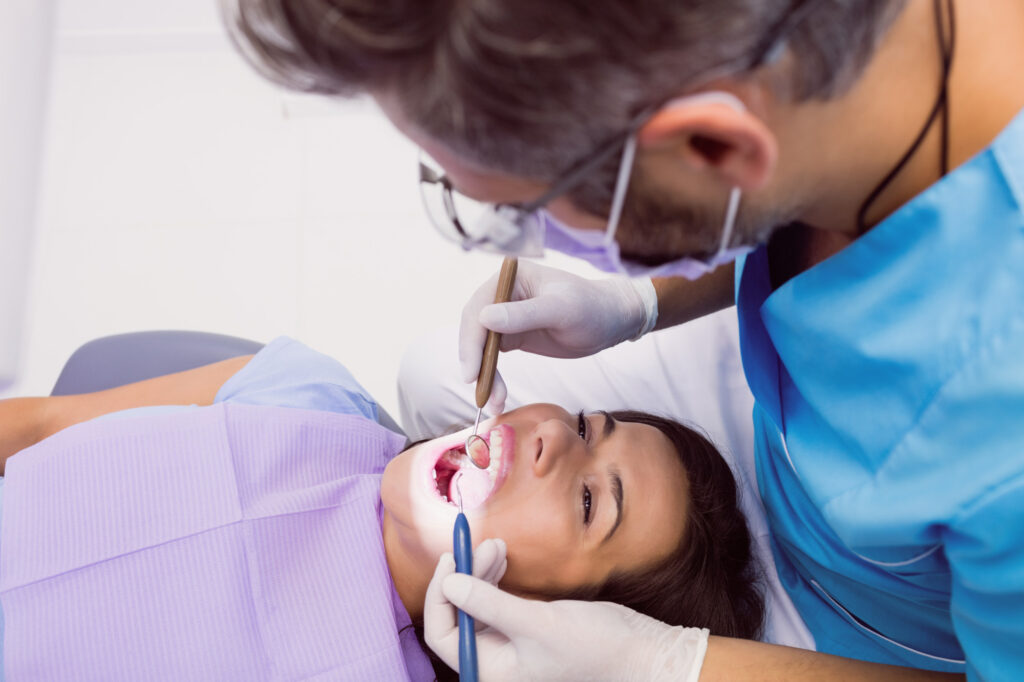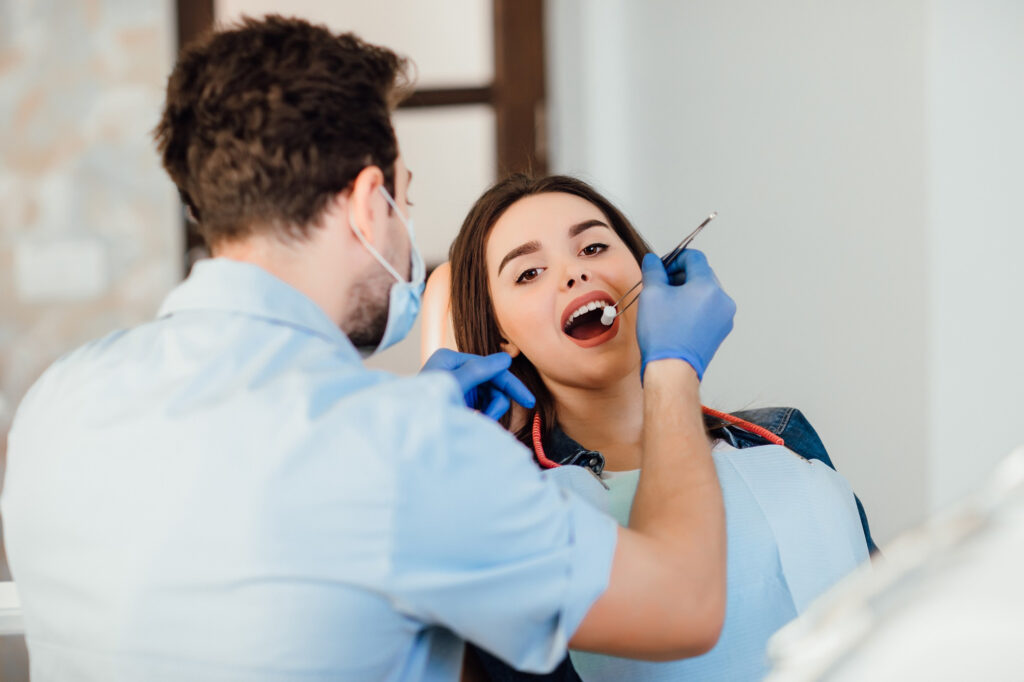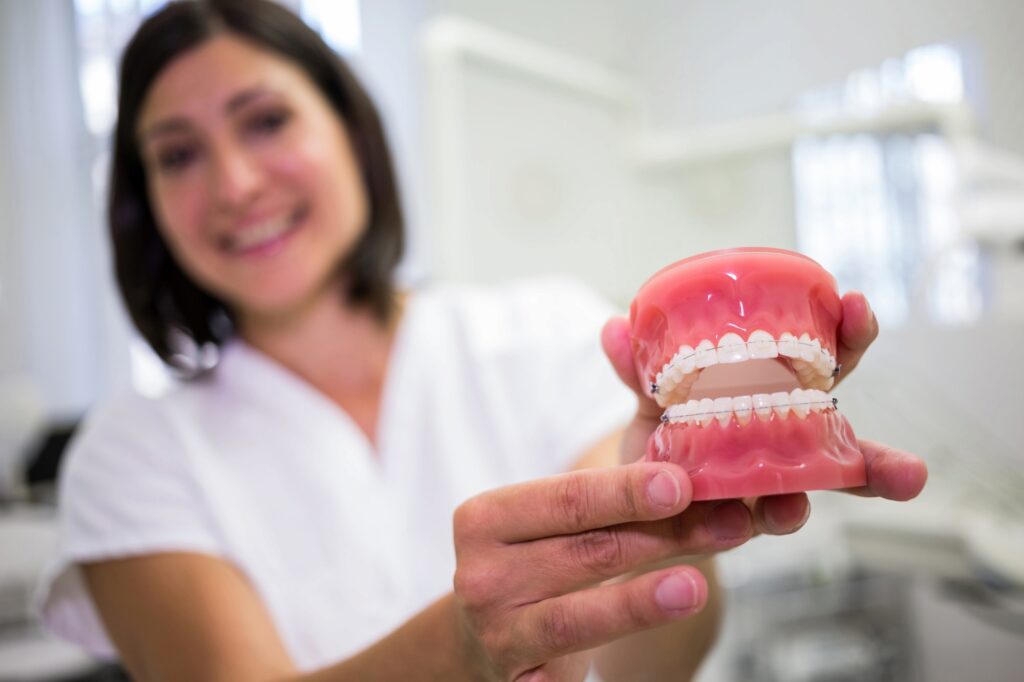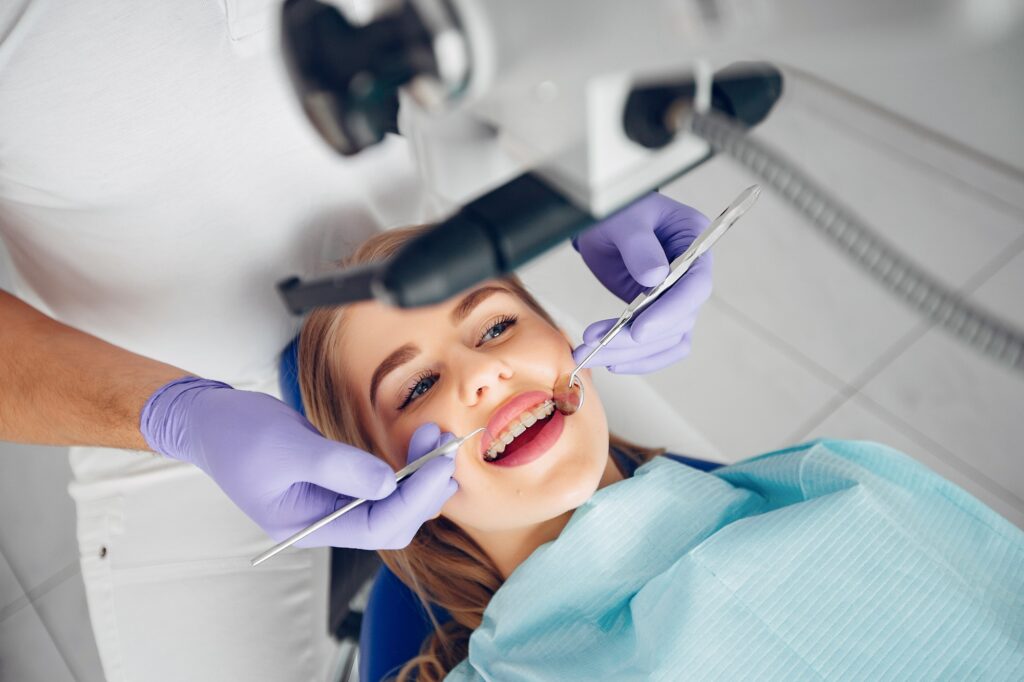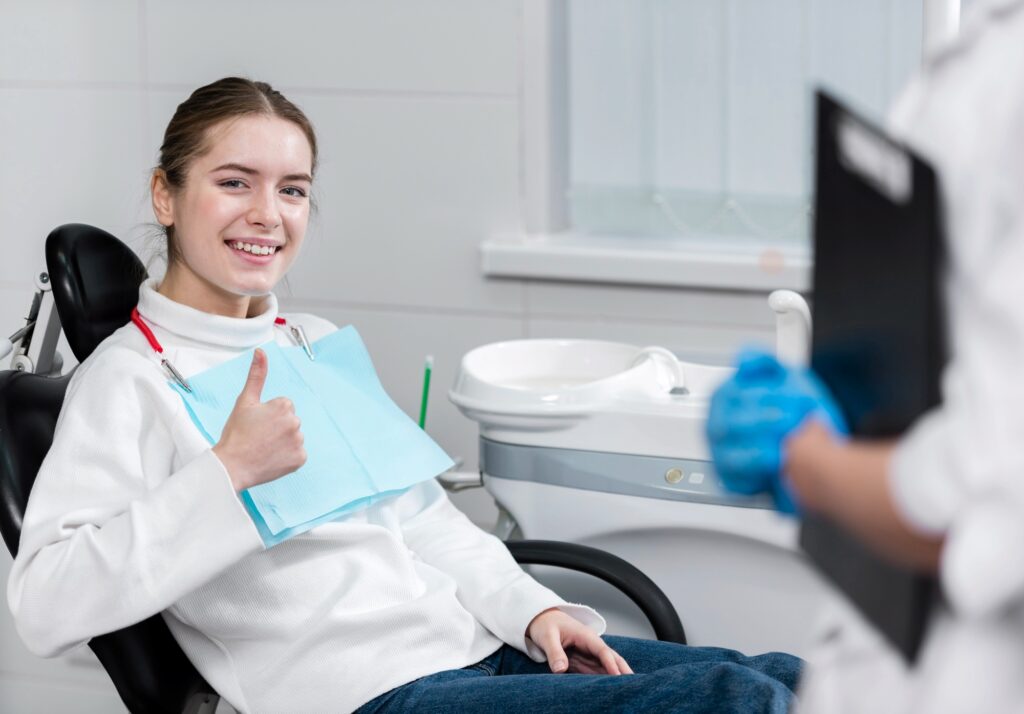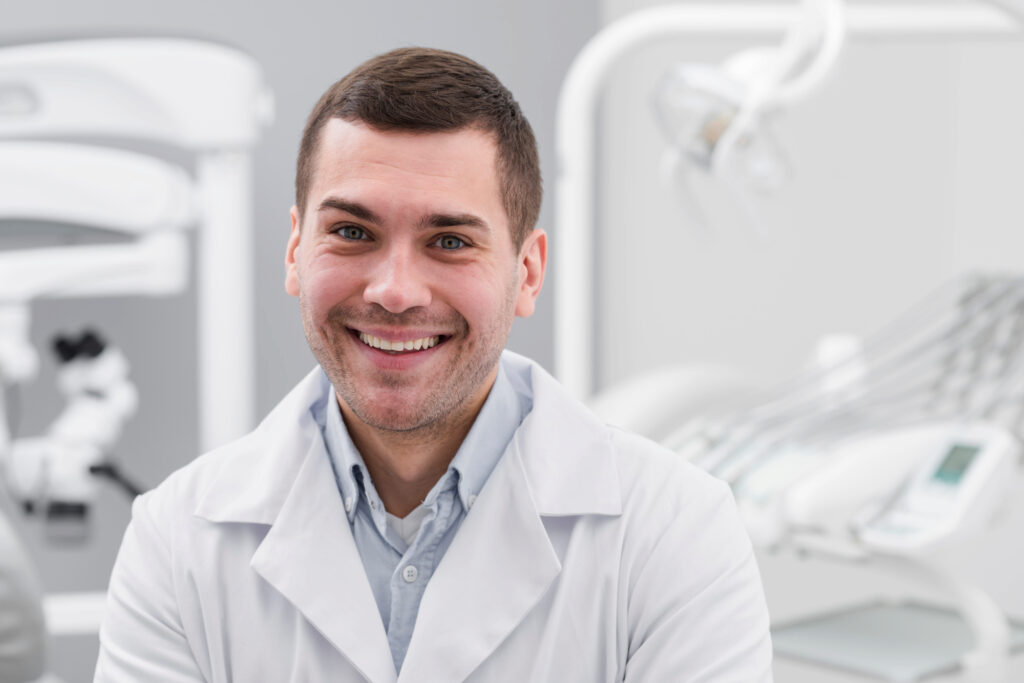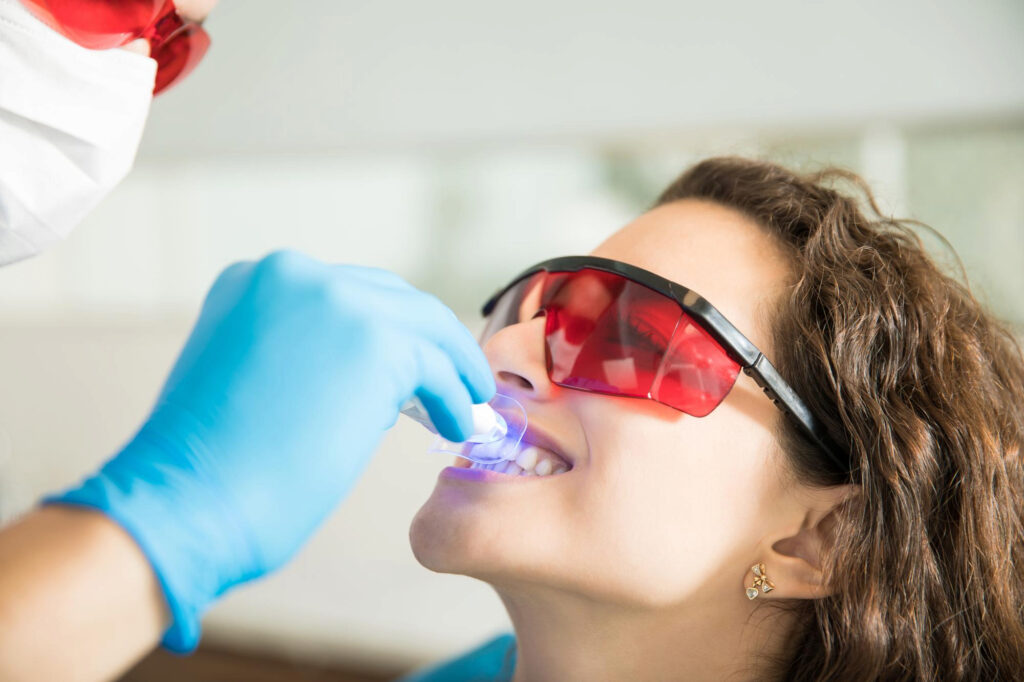The Excellence of Puri Dentistry: Your Top Choice for Quality Dental Care
Welcome to Puri Dentistry, a premier dental clinic located in Oxnard, CA, within Ventura County. With a commitment to providing exceptional dental care, Puri Dentistry has established itself as a trusted destination for individuals seeking top-quality dental services. Led by Dr. Shalabh Puri and his wife Radhika Puri, Puri Dentistry brings over 30 years of experience and a passion for delivering personalized care to patients. A Comprehensive Range of Dental Services: At Puri Dentistry, we understand that each patient has unique dental needs. That’s why we offer a comprehensive range of dental services to address a variety of oral health concerns. Whether you require routine preventive care, restorative treatments, cosmetic enhancements, or advanced surgical procedures, our skilled team of dentists and dental assistants are here to provide you with the highest level of care. Preventive Dentistry: Prevention is the cornerstone of maintaining optimal oral health. Puri Dentistry offers comprehensive preventive services, including regular check-ups, professional cleanings, oral cancer screenings, and dental sealants. Our team focuses on early detection and intervention to prevent dental problems from progressing and ensure long-lasting dental health. Restorative Dentistry: Should you experience dental issues such as cavities, damaged teeth, or tooth loss, our restorative dentistry treatments can help restore both the function and aesthetics of your smile. From tooth-colored fillings and dental crowns to dental implants and dentures, we utilize the latest techniques and materials to provide durable and natural-looking restorations. Cosmetic Dentistry: A beautiful smile can enhance your self-confidence and leave a lasting impression. Puri Dentistry offers a range of cosmetic dentistry services to help you achieve the smile of your dreams. Our treatments include teeth whitening, porcelain veneers, dental bonding, and smile makeovers. Our experienced cosmetic dentists will work closely with you to create a personalized treatment plan that addresses your unique goals and desires. Surgical Dentistry: In complex cases that require surgical intervention, you can trust the expertise of our skilled dental surgeons at Puri Dentistry. From dental implant placement and wisdom teeth extraction to gum surgeries and bone grafting, our team is highly trained and experienced in delivering safe and effective surgical procedures. We utilize advanced technology and follow strict sterilization protocols to ensure your comfort and well-being throughout the process. Patient-Centered Approach: At Puri Dentistry, our patients are at the heart of everything we do. We prioritize building strong relationships based on trust, open communication, and personalized care. From the moment you step into our state-of-the-art facility, our friendly and attentive staff will ensure your comfort and address any concerns you may have. We take the time to listen to your needs, thoroughly explain treatment options, and tailor our services to provide you with a positive and stress-free dental experience. Positive Patient Experiences: We are proud to have received numerous positive reviews from our valued patients. Our commitment to exceptional dental care and our dedication to patient satisfaction have earned us a reputation for delivering outstanding results. We invite you to read our patient testimonials and see why so many individuals in the Ventura County area trust Puri Dentistry for their dental needs. Conclusion: When it comes to quality dental care in Ventura County, Puri Dentistry stands out as a leading choice. With a comprehensive range of services, a skilled team of dentists, and a patient-centered approach, we are committed to helping you achieve optimal oral health and a confident smile. Contact us today to schedule an appointment and experience the excellence of Puri Dentistry firsthand. Disclaimer: The information provided in this blog post is for general informational purposes only and should not be considered as professional dental advice. Please consult with a qualified dentist for personalized advice and treatment options.
The Excellence of Puri Dentistry: Your Top Choice for Quality Dental Care Read More »

